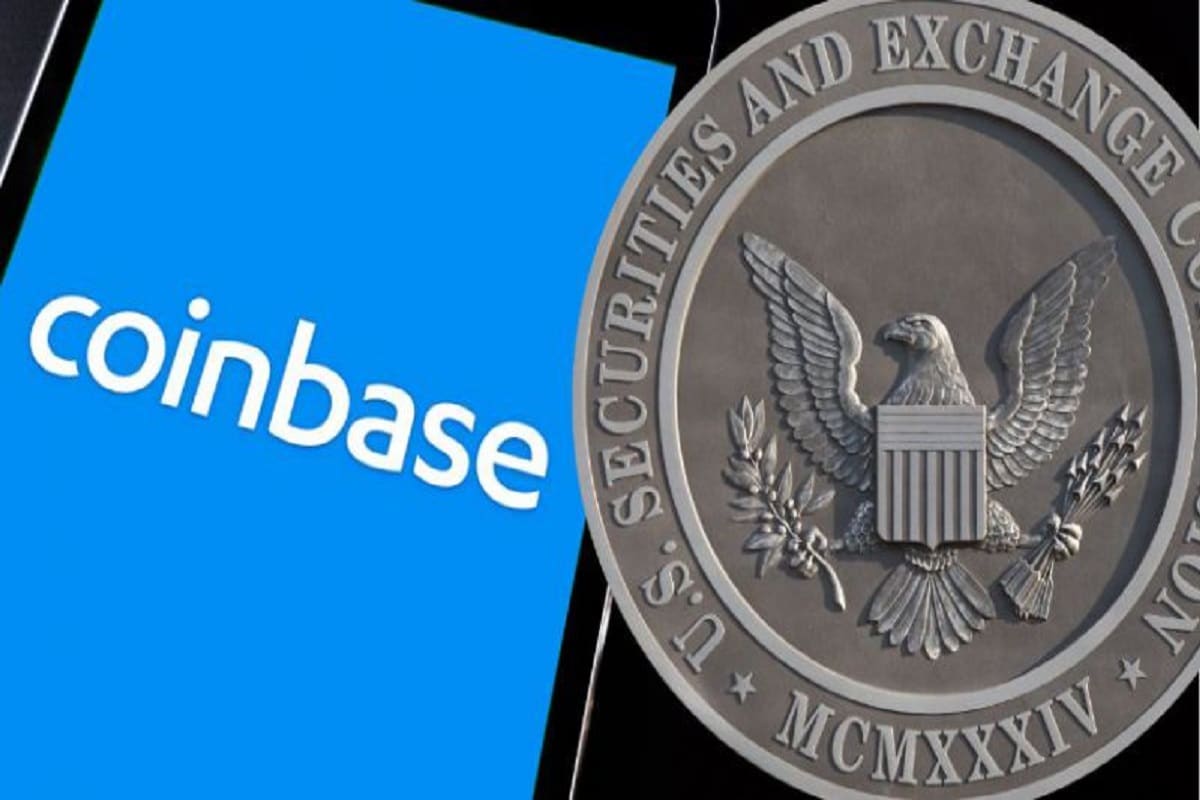summary
In the ongoing legal clash between Coinbase and the Securities and Exchange Commission (SEC), Coinbase’s Chief Legal Officer, Paul Grewal, has expressed doubts about the significance of a recent default judgment issued by a federal judge. This judgment is part of a wider case that accuses a former Coinbase employee and his associates of insider trading. Grewal has highlighted the procedural imbalance inherent in default judgments, where the defendant refrains from contesting the allegations in court, leaving the judge to consider only the SEC’s arguments without any opposition.
Grewal has underscored the one-sided nature of the judgment, noting that the absence of a response from the defendant led the judge to accept the SEC’s claims as factual. He has criticized the reliance solely on the SEC’s filings, pointing out the disregard for any amicus briefs or documents that could provide an alternative viewpoint. Grewal’s comments highlight his belief that such judgments lack substantial merit in establishing legal precedents or shaping future cases, challenging the perceived impact of the recent ruling on the regulatory landscape for cryptocurrencies.
Coinbase encounters hurdles amidst an intensified crackdown by the Securities and Exchange Commission (SEC).
Coinbase, one of the largest cryptocurrency exchanges globally, finds itself navigating turbulent waters amidst an intensified regulatory crackdown by the Securities and Exchange Commission (SEC). The SEC’s increased scrutiny of Coinbase stems from various concerns regarding the exchange’s operations and compliance with securities laws.
At the heart of the matter is an ongoing legal battle between Coinbase and the SEC, centered on allegations of insider trading involving a former Coinbase employee and associates. This legal confrontation has escalated with the recent issuance of a default judgment by a federal judge, sparking debates about its implications for Coinbase and the broader cryptocurrency industry.
Coinbase’s Chief Legal Officer, Paul Grewal, has raised objections to the default judgment, questioning its validity and procedural fairness. Grewal’s skepticism highlights concerns about the imbalance inherent in default judgments, where the absence of the defendant’s response allows the judge to consider only the SEC’s arguments without any opposing viewpoints.
The repercussions of this legal dispute extend beyond Coinbase’s immediate concerns, impacting the broader regulatory landscape for cryptocurrencies. The SEC’s classification of cryptocurrencies as securities, affirmed by Judge Tana Lin’s ruling, reflects SEC Chair Gary Gensler’s regulatory stance, emphasizing the need for stricter oversight and compliance within the cryptocurrency market.
As Coinbase grapples with these regulatory challenges, it faces mounting pressure to address compliance issues and demonstrate its commitment to regulatory compliance. The outcome of its legal battle with the SEC will likely shape not only Coinbase’s future operations but also set precedents for how regulatory authorities regulate and oversee cryptocurrency exchanges and markets.
In navigating these challenges, Coinbase must strike a delicate balance between regulatory compliance and fostering innovation within the cryptocurrency industry. The exchange’s ability to navigate this regulatory landscape will be crucial in shaping its future trajectory and maintaining its position as a key player in the cryptocurrency ecosystem.
Prospects for cryptocurrency regulation in the future
The future outlook on cryptocurrency regulation is complex and multifaceted, influenced by a variety of factors including technological advancements, market dynamics, and evolving regulatory frameworks. As cryptocurrencies continue to gain prominence in global financial systems, regulators around the world are grappling with how to effectively oversee this rapidly evolving industry while balancing innovation with investor protection and financial stability.
One of the key challenges in regulating cryptocurrencies is the decentralized nature of these digital assets. Unlike traditional financial systems that are governed by central authorities, cryptocurrencies operate on decentralized networks, making them inherently resistant to traditional forms of regulation. This presents regulators with the daunting task of developing new regulatory approaches that can effectively address the unique characteristics of cryptocurrencies while mitigating potential risks such as fraud, money laundering, and market manipulation.
Furthermore, the global nature of the cryptocurrency market adds another layer of complexity to regulatory efforts. With transactions occurring across borders and jurisdictions, coordinating regulatory efforts on an international scale becomes crucial to ensuring a cohesive and consistent regulatory framework. However, achieving consensus among different countries with varying regulatory philosophies and priorities poses significant challenges and may slow down the pace of regulatory reform.
Despite these challenges, there are signs of progress in cryptocurrency regulation around the world. Many countries have taken steps to clarify their regulatory stance on cryptocurrencies, with some introducing new laws and regulations aimed at providing greater clarity and investor protection. Additionally, regulatory agencies such as the SEC in the United States and the Financial Conduct Authority (FCA) in the United Kingdom have been actively engaging with industry stakeholders to develop comprehensive regulatory frameworks tailored to the unique characteristics of cryptocurrencies.
Looking ahead, the future of cryptocurrency regulation is likely to be characterized by ongoing dialogue, experimentation, and adaptation as regulators seek to strike the right balance between innovation and oversight. As the cryptocurrency market continues to mature and evolve, regulatory frameworks will need to evolve in tandem to address emerging risks and challenges while fostering innovation and ensuring the long-term viability of the cryptocurrency ecosystem.




One thought on “Coinbase is contesting the SEC’s decision regarding allegations of insider trading.”